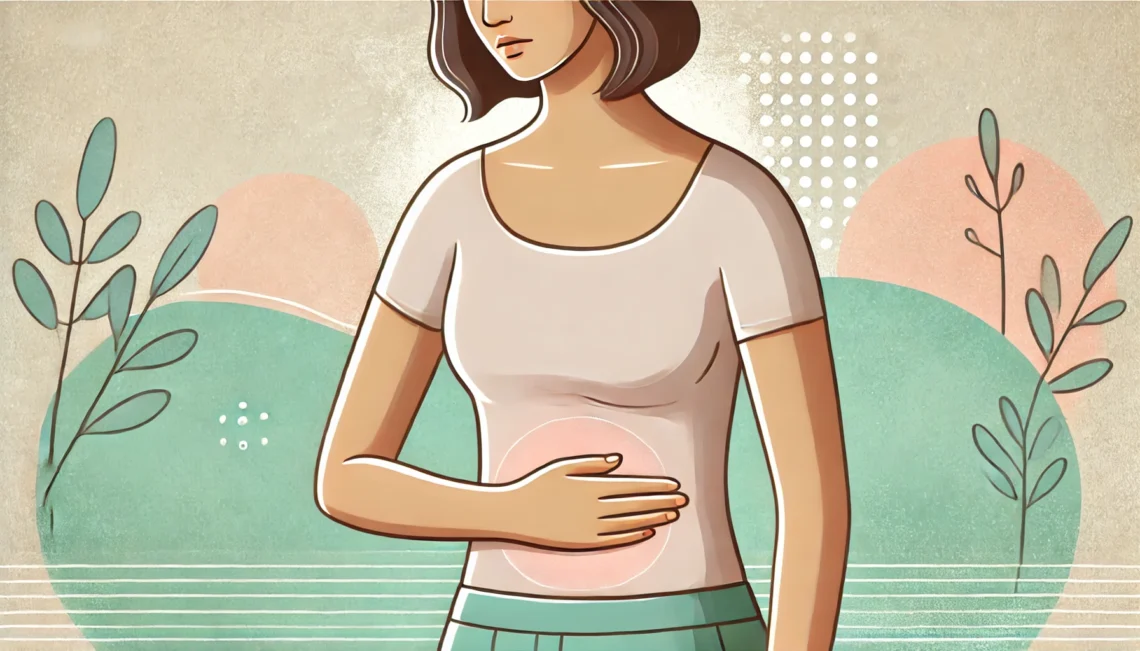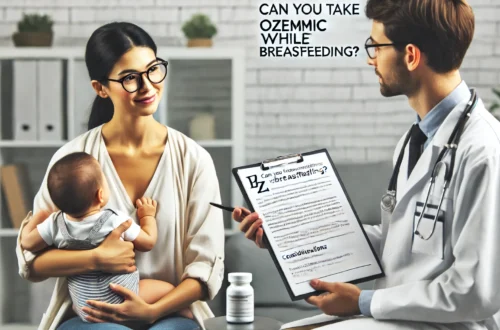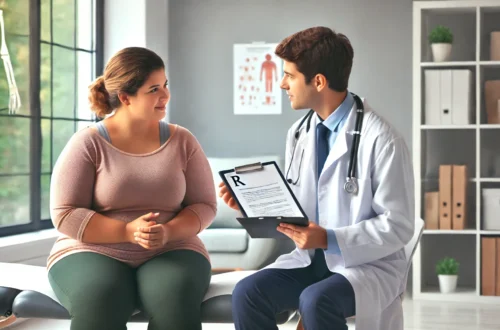If you have Polycystic Ovary Syndrome (PCOS), you’re probably familiar with some of its common symptoms—things like inflammation, hormonal imbalances, and skin issues. What you might not know is that Vitamin E, a powerful antioxidant, can be a real game-changer when it comes to managing these symptoms. In this article, we’ll dive into how Vitamin E can help with PCOS, the best ways to get it, and how to easily incorporate it into your daily routine.
What Exactly Is Vitamin E?
Vitamin E is a fat-soluble nutrient that acts as a strong antioxidant. It’s super important for protecting your body’s cells from damage caused by free radicals. Here’s how Vitamin E supports your health:
- Boosts immune health
- Reduces inflammation
- Promotes healthy skin and hair
- Helps maintain hormonal balance
For women with PCOS, Vitamin E’s ability to reduce inflammation is particularly beneficial. Chronic inflammation in PCOS can contribute to symptoms like acne, irregular periods, and weight gain. That’s where Vitamin E can really make a difference.
How Vitamin E Can Help with PCOS
Here are some of the key ways Vitamin E can support women with PCOS:
1. Reduces Inflammation
Chronic inflammation is one of the hallmarks of PCOS and can contribute to issues like insulin resistance. Vitamin E, with its antioxidant properties, helps reduce oxidative stress and inflammation in the body. This can improve overall health and help with things like managing weight and blood sugar levels.
2. Improves Fertility
Struggling with fertility is common for women with PCOS, and Vitamin E can help. It’s known to enhance egg quality and improve the uterine lining, which can boost fertility outcomes. Studies published on PubMed have shown that combining Vitamin E with other treatments can improve chances of conception.
3. Promotes Hormonal Balance
Vitamin E helps regulate hormones, which is important for managing symptoms like irregular periods and mood swings. By supporting the endocrine system, it can help balance those hormones that are often out of whack with PCOS.
4. Supports Healthy Skin
Acne and oily skin are common struggles for women with PCOS, thanks to the hormonal imbalances. Vitamin E has anti-inflammatory and regenerative properties that can improve skin health, reduce acne, and promote a healthier complexion.
5. Supports Heart Health
Women with PCOS are at a higher risk of heart disease due to insulin resistance and higher cholesterol levels. Vitamin E helps protect heart health by reducing oxidative damage and improving blood flow, which is especially important for those with PCOS.
Signs You Might Be Low in Vitamin E
While Vitamin E deficiency is rare, it can happen—especially if your diet is lacking in healthy fats. Here are some signs you might be deficient in Vitamin E:
- Muscle weakness
- Poor coordination or balance
- Vision problems
- Dry or damaged skin
- Increased susceptibility to infections
If you notice any of these symptoms, it’s a good idea to talk to your doctor about getting your Vitamin E levels checked.
The Best Sources of Vitamin E
Getting enough Vitamin E is easier than you think, especially if you enjoy plant-based foods. Here are some of the best natural sources:
1. Natural Food Sources
Vitamin E is abundant in many plant-based foods, making it simple to add to your diet:
- Nuts and Seeds: Almonds, sunflower seeds, and hazelnuts
- Vegetable Oils: Sunflower, safflower, and olive oil
- Green Leafy Vegetables: Spinach, kale, and broccoli
- Fruits: Avocados and kiwis
2. Supplements
If you’re not able to get enough Vitamin E from your diet, supplements are a good option. You can find Vitamin E in capsules, gummies, and oils. Supplements are especially useful for women who need a little extra help getting their daily dose.
Before starting supplements, it’s always best to consult your doctor to make sure you’re taking the right amount for your body’s needs. The Mayo Clinic has some great information on safe supplement use.
How Much Vitamin E Do You Need?
Here’s the recommended daily intake (RDI) for Vitamin E:
- Women (19+ years): 15 mg (22.4 IU)
- Pregnant Women: 15 mg (22.4 IU)
- Breastfeeding Women: 19 mg (28.5 IU)
It’s important to stick to the recommended dose, as taking too much Vitamin E can lead to side effects like nausea, headaches, or even bleeding issues. If you’re unsure, check with your healthcare provider.
Easy Ways to Add Vitamin E to Your Routine
Here are some simple ways to get more Vitamin E into your day:
- Eat Vitamin E-Rich Foods: Try adding a handful of almonds to your snack or drizzling some olive oil on your salad.
- Apply Vitamin E Topically: You can use Vitamin E oil on your skin to help with dryness or acne scars.
- Take a Supplement: If you’re not getting enough from food, consider taking a high-quality Vitamin E supplement. Just make sure to talk to your doctor first.
Lifestyle Tips for Getting the Most Out of Vitamin E
While Vitamin E is great on its own, combining it with other healthy habits can boost its benefits:
- Exercise Regularly: Physical activity helps reduce inflammation and supports hormone balance.
- Eat a Balanced Diet: Focus on whole foods rich in vitamins and minerals, and avoid processed foods.
- Manage Stress: Stress can worsen PCOS symptoms, so make time for relaxation activities like yoga or deep breathing.
- Stay Hydrated: Drinking enough water supports your body’s ability to absorb nutrients and flush out toxins.
FAQs About Vitamin E and PCOS
1. Can Vitamin E improve PCOS-related infertility?
Yes! Studies show that Vitamin E can improve fertility by enhancing egg quality and supporting uterine health.
2. Is it safe to take high doses of Vitamin E?
While Vitamin E is essential, taking too much can cause side effects. Stick to the recommended daily dose unless your doctor advises otherwise.
3. How long does it take to see results with Vitamin E?
Most women start to see improvements in skin health and inflammation within a few weeks of consistent Vitamin E intake.




